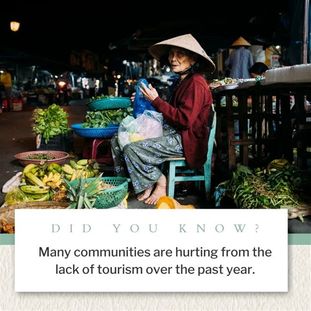Dec. 19, 2021
Food waste and water saving tips for food & beverage and hospitality businesses
It has been estimated that one-third of food produced for consumption is wasted, and this leaves a footprint of 3.3 billion tonnes of CO2-equivalent greenhouse gasses. Major players in the big
waste issue are retail and catering, and this is in part due to the very nature of the business, where standardized meals, portions and forecasted consumption are extremely important factors.
Here below some tips on how to reduce the negative
impact on the environment:
▪︎ using management systems that helps tracking and measuring food use and at same time allows a better understanding of the leftovers quantities and therefore the recycling possibilities.
▪︎ reducing so called "food miles" by focusing more on locally sourced, seasonal and organic produce.
▪︎ reducing meat dishes on menus, because,especially
beef, is one of the biggest causes of methane emissions. This can be achieved by introducing one or more vegetarian or vegan dishes in the menu and at same time by serving free-range, organic, and local meat, purchased from suppliers with proven track record
in animal welfare standards.
Water scarcity is an important environmental issue, especially in those countries where local communities do not have clean water or drinking water access, while tourists enjoy pools and clean laundry.
Green hotels can reduce water usage by:
▪︎ investing in technologies that combine recycled and purified water with fresh water in order to save on water used.
▪︎ encouraging guests to
reuse linen and towels with proper policies in place and visible messages in rooms and common areas.
▪︎ using rainwater collection systems to reuse wastewater for non-potable uses like flushing toilets,
watering gardens or cleaning activities and so on.
▪︎ buying water-efficient appliances like low-flow showerheads.
Share this page
